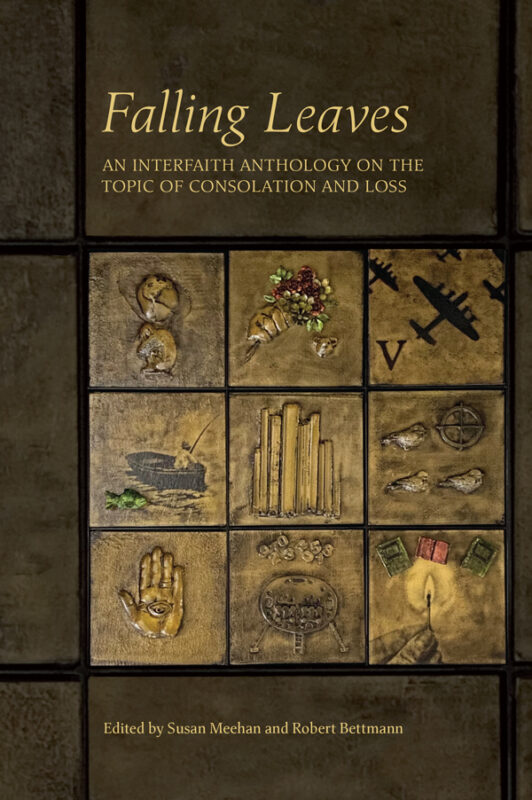
It now has its own blog where book bloggers can link up their own mailbox posts and share which books they bought or which they received for review from publishers, authors, and more.
Velvet, Martha, and I also will share our picks from everyone’s links in the new feature Books that Caught Our Eye. We hope you’ll join us.
This is what we received:

“This anthology is the official answer for how we/us survived the apex of multiple pandemics. With recipes for survival like Tara Betts’ “Stay Lit” and ol’ school incantations illuminating truths like Kenneth Carroll’s “This Muvfucka,” we marry ourselves to the future, without ever once forgetting what Lisa Pegram says, “Even a sponge has a saturation point.” Part declaration of not dependent, part sacred text, this collection is both who we are and how we shall continue to be—all in the same breath.”
– Frank X. Walker, author of Masked Man, Black: Pandemic & Protest Poems and Turn Me Loose: The Unghosting of Medgar Evers.
Make Me Rain by Nikki Giovanni, which I purchased.
For more than fifty years, Nikki Giovanni’s poetry has dazzled and inspired readers. As sharp and outspoken as ever, she returns with this profound book of poetry in which she continues to call attention to injustice and racism, celebrate Black culture and Black lives, and give readers an unfiltered look into her own experiences.
In Make Me Rain, she celebrates her loved ones and unapologetically declares her pride in her Black heritage, while exploring the enduring impact of the twin sins of racism and white nationalism. Giovanni reaffirms her place as a uniquely vibrant and relevant American voice with poems such as “I Come from Athletes” and “Rainy Days”—calling out segregation and Donald Trump; as well as “Unloved (for Aunt Cleota)” and “When I Could No Longer”—her personal elegy for the relatives who saved her from an abusive home life.
Stirring, provocative, and resonant, the poems in Make Me Rain pierce the heart and nourish the soul.
Crazy Brave by Joy Harjo, which I purchased.
In this transcendent memoir, grounded in tribal myth and ancestry, music and poetry, Joy Harjo details her journey to becoming a poet. Born in Oklahoma, the end place of the Trail of Tears, Harjo grew up learning to dodge an abusive stepfather by finding shelter in her imagination, a deep spiritual life, and connection with the natural world. Narrating the complexities of betrayal and love, Crazy Brave is a haunting, visionary memoir about family and the breaking apart necessary in finding a voice.
With Love From London by Sarah Jio, which I purchased.
When Valentina Baker was only eleven years old, her mother, Eloise, unexpectedly fled to her native London, leaving Val and her father on their own in California. Now a librarian in her thirties, fresh out of a failed marriage and still at odds with her mother’s abandonment, Val feels disenchanted with her life.
In a bittersweet twist of fate, she receives word that Eloise has died, leaving Val the deed to her mother’s Primrose Hill apartment and the Book Garden, the storied bookshop she opened almost two decades prior. Though the news is devastating, Val jumps at the chance for a new beginning and jets across the Atlantic, hoping to learn who her mother truly was while mourning the relationship they never had.
As Val begins to piece together Eloise’s life in the U.K., she finds herself falling in love with the pastel-colored third-floor flat and the cozy, treasure-filled bookshop, soon realizing that her mother’s life was much more complicated than she ever imagined. When Val stumbles across a series of intriguing notes left in a beloved old novel, she sets out to locate the book’s mysterious former owner, though her efforts are challenged from the start, as is the Book Garden’s future. In order to save the store from financial ruin and preserve her mother’s legacy, she must rally its eccentric staff and journey deep into her mother’s secrets. With Love from London is a story about healing and loss, revealing the emotional, relatable truths about love, family, and forgiveness.
People We Meet on Vacation by Emily Henry, which I purchased after I saw it on Book Chatter.
Poppy and Alex. Alex and Poppy. They have nothing in common. She’s a wild child; he wears khakis. She has insatiable wanderlust; he prefers to stay home with a book. And somehow, ever since a fateful car share home from college many years ago, they are the very best of friends. For most of the year they live far apart—she’s in New York City, and he’s in their small hometown—but every summer, for a decade, they have taken one glorious week of vacation together.
Until two years ago, when they ruined everything. They haven’t spoken since.
Poppy has everything she should want, but she’s stuck in a rut. When someone asks when she was last truly happy, she knows, without a doubt, it was on that ill-fated, final trip with Alex. And so, she decides to convince her best friend to take one more vacation together—lay everything on the table, make it all right. Miraculously, he agrees.
Now she has a week to fix everything. If only she can get around the one big truth that has always stood quietly in the middle of their seemingly perfect relationship. What could possibly go wrong?

Arising from a time of unprecedented trauma and loss, this collection of poems sets its readers on a healing journey… An encouraging read for those in despair, and for those just needing to know that they are not alone.
— The Rev. Dr. David B. Lindsey, Interfaith Council of Metropolitan Washington (DC)
The book gathers more than 40 poems by DC area poets on the topic, organized into sections on New Prayer, Acceptance, Loss, and Healing. Contributors include: Jeffrey Banks, Katya Buresh, Regie Cabico. Chris Farago, Stephanie Gemmell, Kira Hall, Laura Hart, W. Luther Jett, Jacqueline Jules, Michele Kay, Brian Leibold, Laura Martin, Susan Meehan, Kim B. Miller, Anna Postelnyak, Bernard Riefner, Dominique Rispoli, Jane Schapiro, Ori Z Soltes, Lori Tsang, Phibby Venable, Walter Weinschenk, and Jon Wood.
What did you receive?































